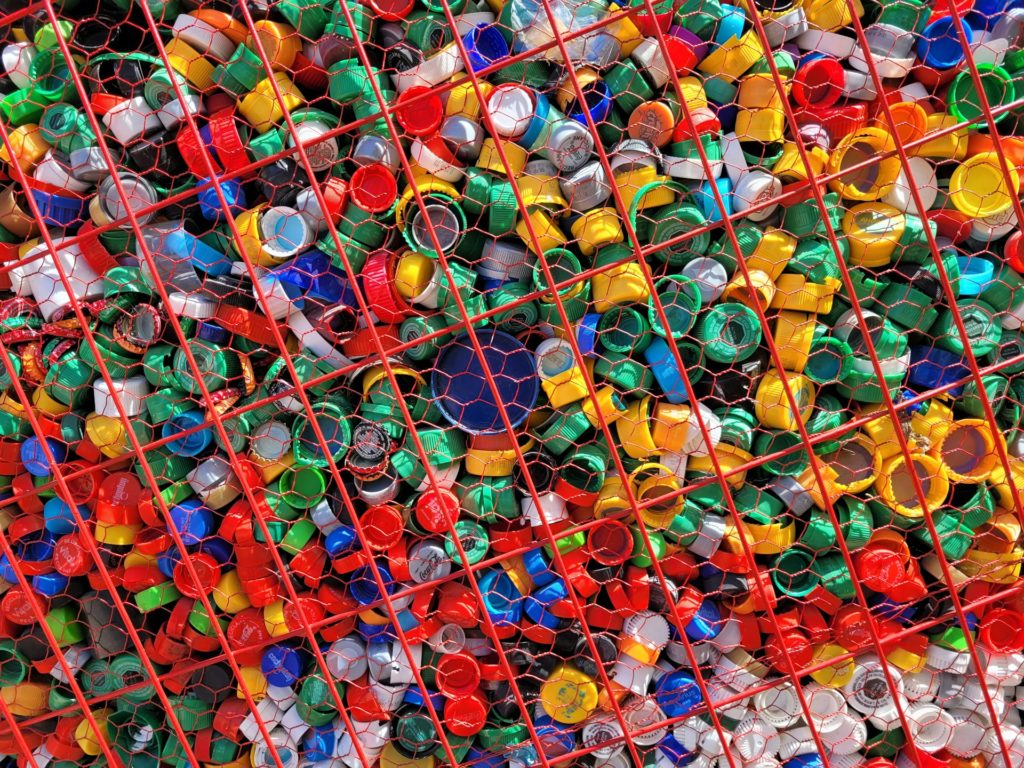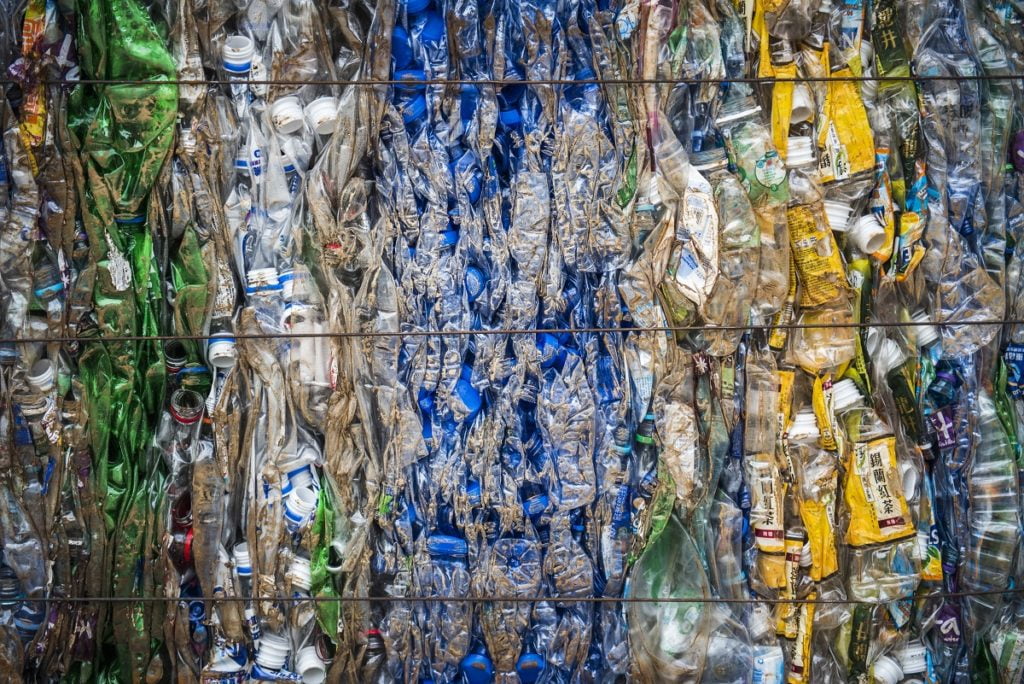Plastic is a widely used material that has benefited our modern world. It’s durable, and manufacturers can mould it into various shapes, making it ideal for numerous applications like packaging and medical devices. It’s also popular because of its low costs.
While this material has undeniably brought many benefits to humanity, it also has its downsides. Plastic waste has become a significant issue for the environment and marine ecosystems, as decomposing takes hundreds of years. Fortunately, your small efforts can make a substantial difference, even if you don’t realise it sometimes.
If you want to help create a better world for everyone, this article will discuss where plastic waste usually ends up and what you can do about this global issue.
4 Common Places Plastic Waste Ends Up
Before discussing the common, but helpful ways to address this widespread issue, let’s explore the four places your plastic waste could end up.
1. Landfill
Approximately half of the plastic waste we produce ends up in landfills. Although they can hold rubbish, plastic can easily escape and end up in the environment, especially in poorly-managed cities. You should also know they can still harm our ecosystem, even if officials properly manage landfills. As plastic and other solid waste decompose, it creates leachate. This dangerous liquid can seep into the soil and groundwater during rainfall and contaminate our environment.
2. The Ocean
Improperly managed plastic waste ends up in waterways during storms and winds, eventually reaching the ocean. Environmental experts report that approximately 75 to 199 billion kilograms of plastic are currently in our seas. You should also know that about 100,000 marine animals die yearly from plastic ingestion or entanglement.
3. Incineration Facility
Although countries commonly incinerate plastic waste, this practice damages the environment because it releases greenhouse gases contributing to climate change. While wealthier countries have better incineration facilities that can remove pollutants, poorer nations still use open-burning methods that heavily contribute to the global waste problem.
4. Your Local Recycling Centre
Hardworking individuals regularly collect plastic waste and take it to recycling centres, where it is forwarded on to manufacturers who can set about transforming it into flake and pellet. This can later be used to create new products and packaging. However, despite this hopeful solution, they only recycle a tiny portion of the world’s plastic, leaving the rest to pollute our oceans and harm our environment, communities, and ecosystems.
4 Ways to Ensure It Ends up in Your Recycling Centre
After understanding where your daily rubbish can end up, here’s how to ensure your plastic waste arrives at your local recycling centre.
1. Sort Your Rubbish
Organising plastic waste helps prevent contamination and ensure the quality of recycled materials. Contamination occurs when non-recyclable substances mix with recyclable plastic during processing or collection. It also reduces the materials’ quality, making them unsuitable for further use.
2. Determine What You Can Recycle
You can prevent rubbish from ending up in the ocean, landfills, and incineration facilities by understanding what types of plastic you can recycle in your household. The common types include Polyethylene Terephthalate (PET), High-Density Polyethylene (HDPE), Low-Density Polyethylene (HDPE), and Polypropylene (PP).
3. Find the Nearest Recycling Centres
The types of plastic that recycling centres accept vary depending on their location and available resources. You can determine where to properly dispose of each material by researching online or contacting your local recycling facility.
4. Educate Yourself and Your Neighbours
Education is a powerful tool in minimising plastic pollution. The more people know about the harmful effects of plastic waste on the environment, the better chance we have at reducing its impact.
Conclusion
Plastic has significantly contributed to modern society’s convenience, but you must remember that it can dramatically harm your surroundings. You can help create a better environment by properly disposing of your plastic waste and educating yourself and your neighbours.
If you need someone to reprocess your plastic waste in the UK, bring it to Pulse Plastics! We’re committed to providing plastic solutions and are looking for partners to reprocess plastic and use it in our closed-loop products. Message us now!


